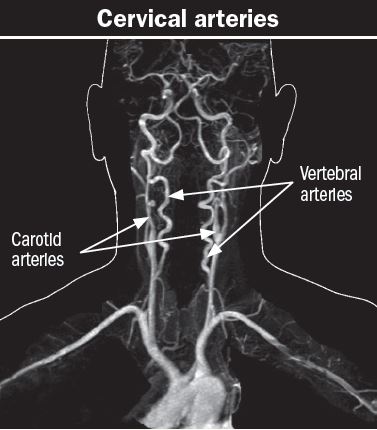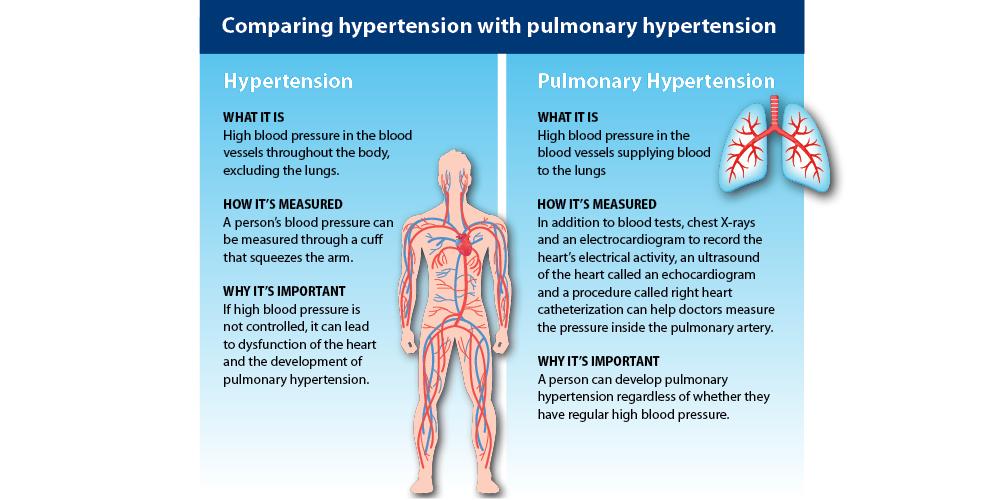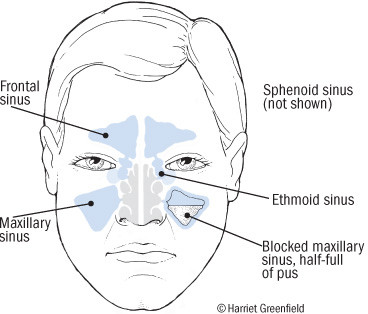Neck pain, also known as cervicalgia, is a common issue affecting two-thirds of the population at some point in their lives. Although primarily felt in the neck, it can be caused by various spinal problems. Neck pain may result from muscular tightness in both the neck and upper back, or from pinching of nerves.
With a cervical artery dissection, the neck pain is unusual, persistent, and often accompanied by a severe headache. The pain from a carotid artery tear often spreads along the side of the neck and up toward the outer corner of the eye. A vertebral artery tear might feel like something sharp is stuck in the base of your skull. Harvard Health explains these symptoms in greater detail.
The source of neck pain can vary. Most acute pain is related to tissue injury and is called nociceptive pain. Chronic pain, however, is referred to as neuropathic pain, which might have started with a damaged or irritated nerve, but the pain signals now originate in the brain. For more information, see Harvard Health.
Structural neck problems such as arthritis or degenerated discs are common causes of neck pain. However, it’s often related to strains in the neck muscles, triggered by subtle changes in your daily routine. Harvard Health provides insights into these surprising causes.
Pain in the back or neck can occur suddenly and intensely or may be chronic, lasting weeks, months, or even years. The pain can be constant or intermittent. The exact cause of back and neck pain is hard to pinpoint, but it may have various causes. To understand more, visit the University of Rochester Medical Center.
Back and neck pain can stem from overuse, misuse, injury, or problems with nerves, muscles, bones, joints, or specific areas of the spine. It can also be caused by issues with certain internal organs. Northwell Health’s Orthopaedic Institute offers more details.
Spinal stenosis, a narrowing of the spinal canal, can cause pain, numbness, or weakness due to pressure on the nerves. Cervical stenosis affects the arms, legs, and sometimes balance, while lumbar stenosis usually affects the buttocks and legs. Hospital for Special Surgery provides further information.
Muscle strain or tension can cause neck pain from everyday activities, such as poor posture, incorrect computer monitor positioning, uncomfortable sleeping positions, or improper lifting techniques. The McGovern Medical School discusses these causes.
Low back pain can range from mild to severe and can restrict mobility and interfere with normal functioning. Neck pain occurs in the area of the seven cervical vertebrae. The University of Rochester Medical Center offers insights into these conditions.



